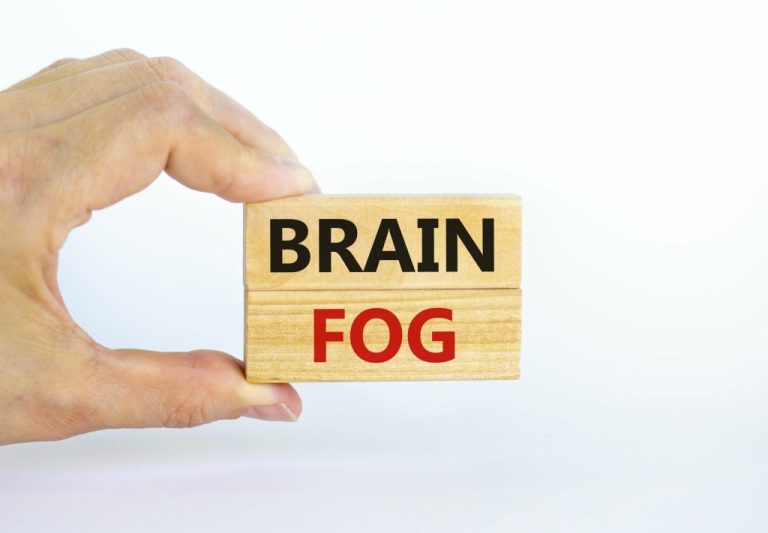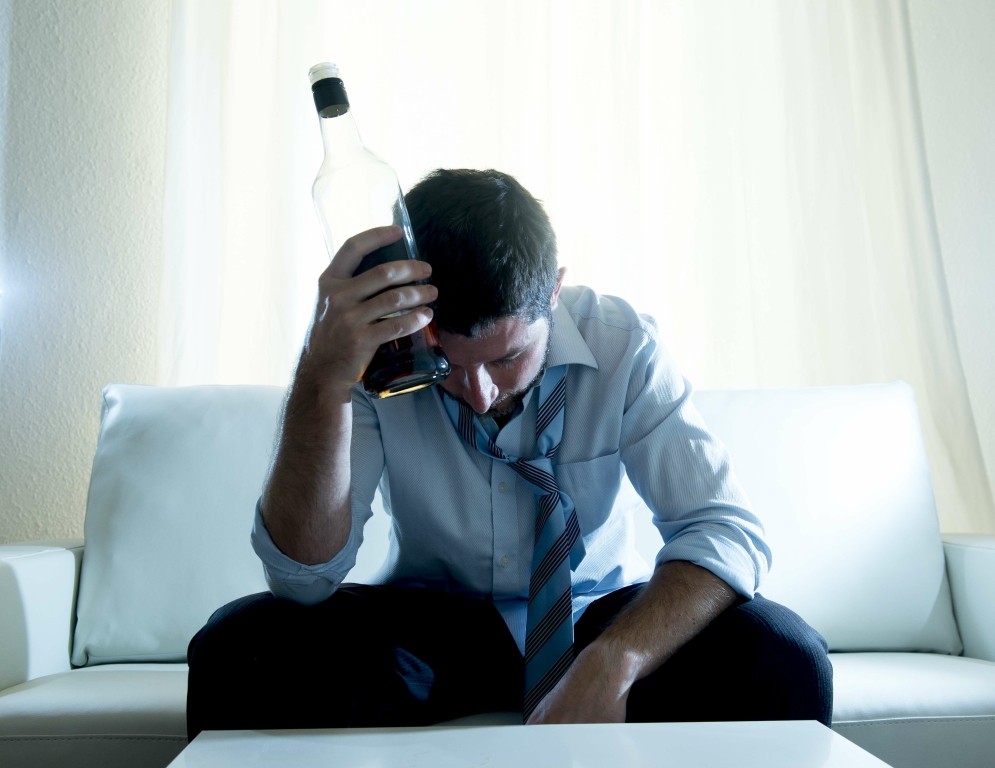Warning signs include frequent arguments about drinking, increased emotional distance, distrust, financial strain from alcohol purchases, and decreased intimacy in the relationship. The additional responsibilities can contribute to increased stress, leading to behavioral, physical, and mental health problems. Studies show that females who are in relationships with males struggling with AUD experience higher rates of depression, anxiety, physical health problems, and occupational and social disruptions. In this article, we explore ten compelling reasons why alcohol ruins relationships. From impaired judgment and communication breakdowns to increased conflict and trust issues, understanding the destructive impact of alcohol is essential for maintaining healthy and fulfilling relationships. Although most couples will not show all of these danger signs, if even one of these is present in your marriage or relationship, it indicates that it may be time for you to “take stock” of the relationship and think about making it better.
Start Healing from Drug and Alcohol Addiction Today
- However, it’s important to remember that warning signs will not look the same in each relationship.
- Whether one partner drinks too much or both partners do, alcohol problems can lead to increased arguments, hurt feelings, and emotional distance in a relationship.
- One of the primary ways in which alcohol contributes to trust issues is through its effect on an individual’s inhibitions.
- This cycle is also described as a “chemical romance” between an individual and alcohol.
Drinking alcohol doesn’t just affect your relationship with your partner — it can also have an impact on your children’s mental health, too. This influence can be positive or negative, as women may encourage their partners to either limit alcohol and relationships their drinking or engage in risky behaviors. As you spend more time together, you’ll share more experiences and environments, likely impacted by each other’s drinking habits. Whether one partner drinks too much or both partners do, alcohol problems can lead to increased arguments, hurt feelings, and emotional distance in a relationship.

Think back to the biggest arguments in your marriage. Were they alcohol-induced?
While it is true that physical injuries can strain relationships as well, family members are usually more understanding. It takes a toll on physical health and mental health as alcohol can cause high blood pressure. Additionally, alcohol use can have a negative effect on personal relationships as well. The bottom line is that it can cause more arguments, hurt intimacy, and make a person unable to fulfill their role at home.
How to Deal with an Alcoholic Family Member
In addition to self-care, partners of those affected by alcohol addiction can intervene by helping them find rehabilitation services. While it can be challenging to convince a loved one to seek professional help, identifying how sobriety would benefit their lives can often help them take that first step. One of the many complex aspects of alcohol use disorder is when codependency and alcohol misuse intersect. Alcohol codependency occurs when a person becomes reliant on someone and their alcohol misuse hinges on their partner’s behaviors. A partner of someone addicted to alcohol may believe they’re helping the other person by enabling the addiction to continue.
It creates a structured, supportive environment where couples can address past wounds and build healthier habits. While maintaining parental influence can support healthy development, your child’s safety and emotional well-being must come first. To strengthen your progress together, focus on developing clear boundaries and utilizing healthy coping mechanisms.
Relationship with a Female Alcoholic

It can indicate unhealthy coping mechanisms, lack of self-control, and potential challenges in communication and emotional well-being. When important responsibilities and goals, like one’s career, one’s family, and one’s own growth, are placed on the back burner in favor of drinking, it is feasible for a relationship to become filled with rage and conflict. This may cause the partner to experience emotions of neglect as well as dissatisfaction.
Regardless of the reason and nature of these arguments, ongoing conflict about alcohol can lead to breakdowns in communication and ongoing relationship problems. Not only do those abusing alcohol make changes to the friends they spend time with, but they are often incapable of the best form of friendship. Selfish and unreliable behaviors often lead to rifts in friendships, and sober friends usually drift away from those actively abusing alcohol over time. At this point, open communication and understanding your friends’ boundaries are important if you’re struggling with an addiction. If you have a friend struggling with addiction, expressing your concerns in a supportive manner can make a big difference in them deciding to get help. Although socially acceptable, alcohol destroys relationships in many ways when it is abused.
How Alcohol Abuse Can Affect Romantic Relationships
Spouses and partners are also deeply affected, with an increased risk of divorce or separation due to the strain of alcohol-related behaviors such as infidelity, dishonesty, and domestic violence. The American addiction centers suggest that family therapy can be beneficial but also advise a ‘loving disconnect’ during treatment to allow the individual to adjust to a new, sober environment. For those seeking to mitigate the negative drug addiction impact of alcohol on their relationships, strategies such as engaging in activities that do not involve alcohol, discussing issues when sober, and seeking professional support can be beneficial. Recovery and treatment for alcohol misuse are critical steps in repairing and rebuilding the trust and communication that may have been damaged by alcoholism.





Deixe um comentário